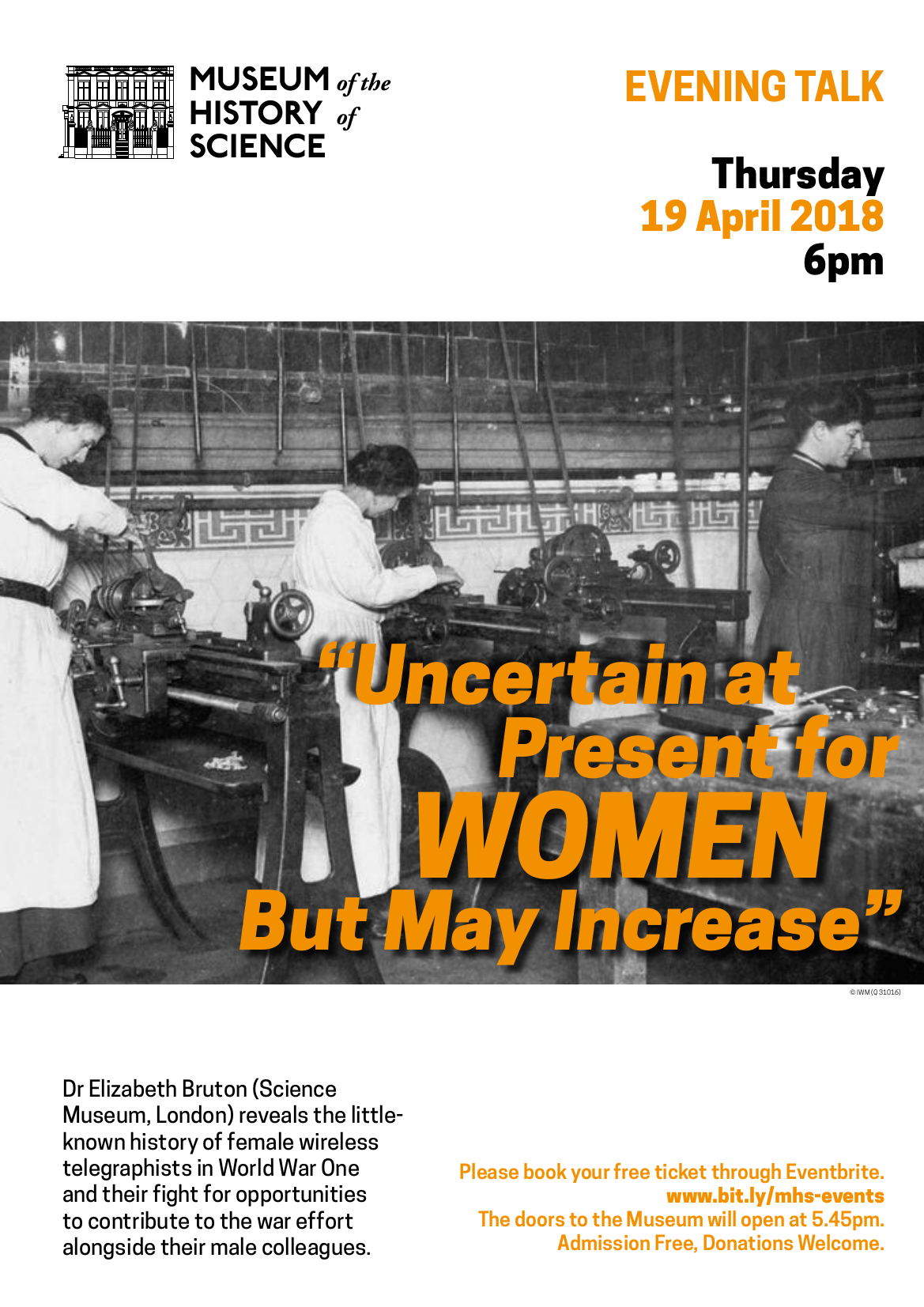European Network Remembrance and Solidarity, Bucharest 2018
European Remembrance: 7th International Symposium of European Institutions dealing with 20th Century History
After the Great War. Challenges for Europe.
The seventh European Remembrance Symposium will take place in the centennial year marking the end of the First World War. As citizens of Central and East-Central Europe, we do not wish to be driven by anniversaries or jubilees. Yet, we also cannot ignore the seminar year 1918. The year 1918 and subsequent turbulent years marked a period of empire breakups, wars, revolutions and border delineation. They shaped Europe as we know it. Consequently, it is worth summarising historians’ newest findings on the period in question as well debating the image of that time in our memory knowing that it ranges from a sense of satisfaction and fulfilment to that of pain and defeat.
The century in question, however, makes us not just contemplate the past. It is a fitting platform for reflection on the present and for forecasts of the future. In this context, two issues seem of particular importance: national sovereignty and peace keeping. After the First World War, Europe experienced – over a short period of time – the creation of many new or renewed sovereign states. They all still exist today, yet sovereignty has changed considerably over the last century. Some experts now speak of its twilight or even possible end. This is a topic definitely worth discussing. Equally interesting and pertinent is the issue of tracking the evolution of ways in which peace has been made over the last one hundred years. In today’s Europe and world, we have been enriched by the experience of the 1919-1920 Paris peace conference as well the shift from war to peace in 1945-1947. At the same time, we live in times when international armed conflicts have been and still are steadily present. Yet, wars are rarely declared and peace is hardly ever established by means of a single act of international law, but forged through a tedious peace process marked by twists and turns. Why have the phenomena of war and peace lost their analytical sharpness? How is good peace made? Can peace be bad or defective and, if so, how do we deal with it? These are questions worth discussing at our Symposium.
The organisers of the Symposium wish to open the discussion on the above issues and invite experts in various areas of life and science. In looking back at such intensive, tragic and sublime as well as joyful and depressing experiences of the 1918-2018 century they can try to diagnose contemporary Europe and forecast its future.

